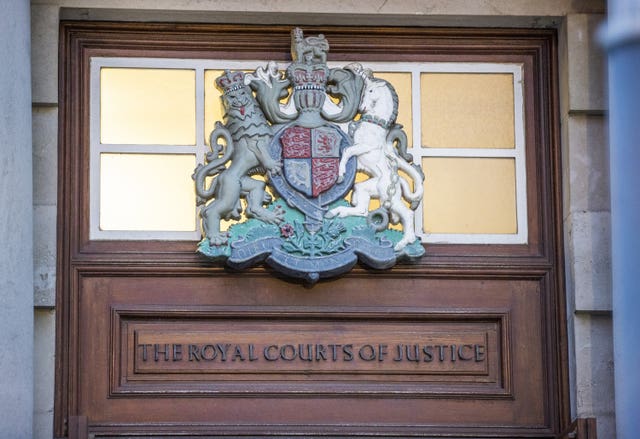Judgment to be delivered in legal challenge to Legacy Act
The legislation offers a conditional amnesty to people accused of Troubles-related crimes.

Judgment in a legal challenge to the Government’s controversial Act to deal with the legacy of the Northern Ireland Troubles will be delivered later.
High Court judge Mr Justice Colton will rule in the case brought by a number of victims challenging the human rights compliance of the legislation which offers a conditional amnesty to people accused of Troubles-related crimes.
The Legacy Act received royal assent in September despite widespread opposition from political parties, victims’ organisations in Northern Ireland and the Irish government.
Aspects of the laws include a limited form of immunity from prosecution for Troubles-related offences for those who co-operate with the new Independent Commission for Reconciliation and Information Recovery (ICRIR).
The new Act will also halt future civil cases and legacy inquests.
Multiple victims launched judicial review proceedings against the Act and Martina Dillon, John McEvoy and Lynda McManus were selected as the lead cases in the legal battle at the High Court in Belfast.

Mr McEvoy survived a loyalist shooting on the Thierafurth Inn in Kilcoo, County Down, in 1992.
Ms McManus’s father, James, was among those wounded in the Sean Graham bookmakers massacre in 1992.
When the case was heard last year, a barrister said the Act was subjecting victims to a form of “secondary trauma”.
Whatever ruling Mr Justice Colton delivers, legal action is set to continue with the verdict likely to be appealed to higher courts.
Separately, the Irish Government has launched an interstate legal case against the Legacy Act, arguing that it breaches the European Convention on Human Rights.





